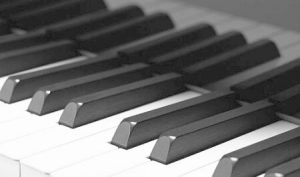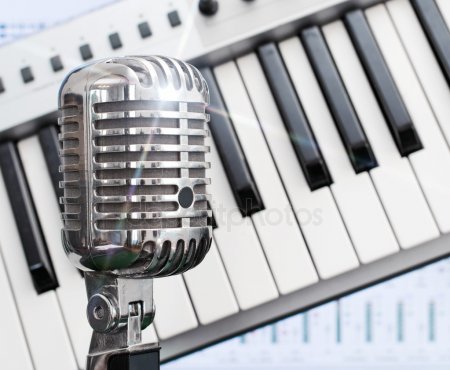Sales magic piano
 Pianos and pianos are quite expensive musical instruments, but they can be safely attributed to goods that will always be in demand while the cultural layer of the population lives and develops on the globe and, in particular, in Russia. As in any other market, unscrupulous sellers also work in the market of musical instruments, who often falsify the country of origin or the name of the piano trademark in order to earn additional profit. Even professional performers and teachers of musical educational institutions sometimes come across their tricks.
Pianos and pianos are quite expensive musical instruments, but they can be safely attributed to goods that will always be in demand while the cultural layer of the population lives and develops on the globe and, in particular, in Russia. As in any other market, unscrupulous sellers also work in the market of musical instruments, who often falsify the country of origin or the name of the piano trademark in order to earn additional profit. Even professional performers and teachers of musical educational institutions sometimes come across their tricks.
Criterias of choice
The determining factor when buying a piano is the country of origin. Historically, German and Austrian pianos and pianos are considered expensive and high-quality instruments, followed by Czech and the cheapest – Chinese ones.
A piano entirely made in Germany costs about 7,000 euros. Anything cheaper is most often done in Eastern Europe or in Asia under German labels such as “Euterpe”, “Essex” (EGP), etc. For example, the piano and the grand piano “Euterpe” belong to the German company “C.Bechstein”, but are made in Indonesia.
The prices for pianos are really high, but it is quite justified by the fact that the instrument consists of more than 6000 parts, must withstand the 20-ton tension of the strings, and its manufacture is almost entirely handmade. A good piano made from reliable materials is a work of art and it is designed to last fifty or even a hundred years without repair.
Reducing the cost of the tool is possible by minimizing labor costs, as well as by saving on materials, mechanics and other important components.
Often the decision to purchase is made on the basis of recommendations and advice. It is important to pay attention to the fact that different series of instruments can be produced in factories in different countries, and, consequently, the quality and sound can be different. In addition, any opinion is subjective, in such matters it is better to listen to independent experts and analyze information from all sources.
Market globalization
The global trend of globalization has not bypassed the market of musical instruments. This is manifested in the fact that today any German or Japanese manufacturing company can own its own factory in China or Indonesia and produce a piano under its own trademark. Large companies are developing new brands for each price category, so they try to cover more market segments.
The offensive policy is conducted by Asian manufacturers of musical instruments. Despite the fact that every year they introduce more and more new computerized technologies and improve the piano – construction, the sound of such instruments leaves much to be desired.
Many Chinese and Korean companies come up with different names for export and domestic sales of the same product. This is a kind of marketing ploy: as you know, what is acceptable for Asian culture may not be suitable for Europe or America at all. For example, a Korean company in their homeland sells pianos under the brand name “Young Chang”, and it exports them to Europe and Russia as Bergman, and many people think that it is a German manufacturer.
The technology of making piano is no longer secret, the details necessary for its assembly are also known. This allows companies to purchase some items from competitors in order to save on their own production or, on the contrary, to improve quality. For example, “Petrof” to increase the reliability of its premium tools buys a large number of parts in Germany (for example, the mechanics of “Renner”).
An indicator of true quality is good sound, reliable mechanics and aesthetic appearance. In the process of making a tool a lot depends on the quality of the materials used and the handmade work of professionals. It is unlikely that anyone can say with certainty in which country or in what factory they make tools better.
If we look at the statistics, Germany is the leader among supplier countries, more than 50% of German instruments are exported. Germany is followed by the USA and Japan, then the Czech Republic, South Korea and China. The last three countries on the list are more focused on sales than on exclusivity and quality.
Lessons for the consumer
The most difficult thing is that in this situation it is impossible to give any specific advice and recommendations to consumers. One thing is clear, the quality of the instrument cannot be judged by the country of origin or the brand name.
It is obvious that the probability to buy the real thing “Dolce & Gabbana” in the company boutique is higher than in the shopping center near the train station. Also with the choice of a good musical instrument: when buying, it is better to ask about the partner statuses of the company-seller or supplier, experience, and also ask for a certificate confirming the origin of the instrument being purchased.




